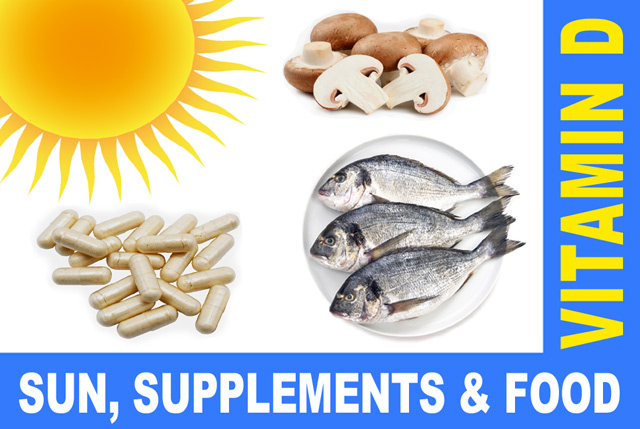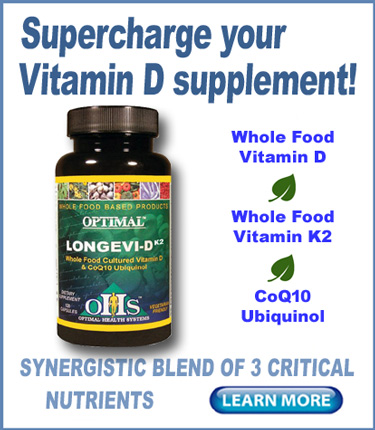A tragic side effect of pandemic lockdowns has been skyrocketing rates of depression and other psychological disorders.
Ironically, the nutrient found to be so critical for fortifying the body’s immune system against viruses—Vitamin D—has also been found to be essential for combating the high depression rates.
A new study from the University of Leipzig, Germany, found negative correlations between low Vitamin D levels and depressive symptomatology.
The study was published in the scientific journal Nutrients in April 2021.
According to the researchers This is the first work examining the role of inflammation in the relation between depressive symptomatology and serum vitamin D levels using mediation and moderation analyses in a community sample.
This study analyzed data obtained during the research project ‘LIFE’ (Leipzig Research Center for Civilisation Diseases, Germany). The LIFE study consisted of 10,000 participants, aged 18-80, recruited between August 2011 and November 2014.
Several standardized interviews were performed in order to collect medical history and sociodemographic characteristics.
Physical and medical examinations as well as lab tests were conducted and data sets of those who had given a blood sample for the determination of vitamin D.
The levels of depressive symptomatology within the last week were assessed via the German version of the Center for Epidemiologic Studies Depression Scale (a structured self-report scale).
In their findings, the researchers noted negative correlations between vitamin D levels and depressive symptomatology and three inflammatory markers—which were in turn positively associated with depressive symptomatology.
“This present work highlighted the complex relationship between vitamin D, depressive symptoms and inflammation. Future studies are needed to examine the effect of vitamin D supplementation on inflammation and depressive symptomatology for causality assessment,” the researchers wrote in the study abstract.
According to the World Health Organization, depression is a common mental disorder and affects more than 264 million people of all ages globally. It is a leading cause of disability worldwide and is a major contributor to the overall global burden of disease.
At the same time Vitamin D deficiency is also rampant. In the U.S., the Centers for Disease Control and Prevention determined the deficiency rate in 2011 to be 32%. However, when using the higher threshold established by the Endocrine Society, some health experts estimate the U.S. deficiency rate to be as high as 77%.
Due to these widespread deficiencies, many countries mandate Vitamin D “fortification” of milk and other foods. Unfortunately, the mass-produced synthetic versions of Vitamin D are inferior.
If you would prefer to skip the synthetic vitamins and minerals added to packaged foods, consider the whole food option instead. Learn more by watching the videos included at the bottom of this article.
For more information on Optimal Health Systems products with Vitamin D, please review the product pages:
• Essential DAK1K2
• Exposure Protection Pak
• Optimal Whole Food Vitamin-Mineral
• Optimal Longevi-D
• Opti-Immune-VRL
– – –
Sources: Journal Nutrients / MDPI Database



